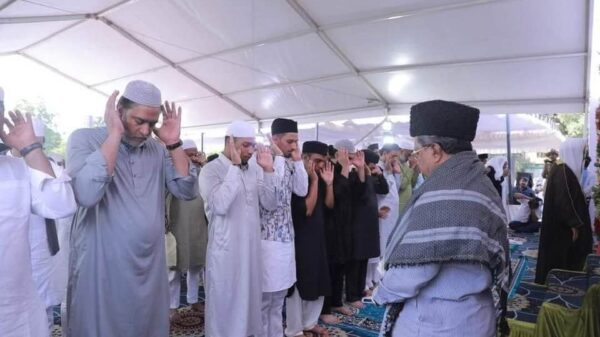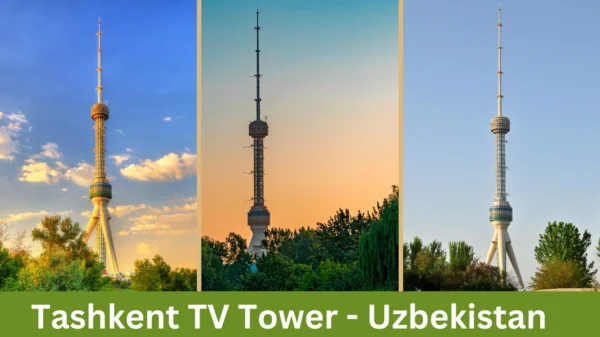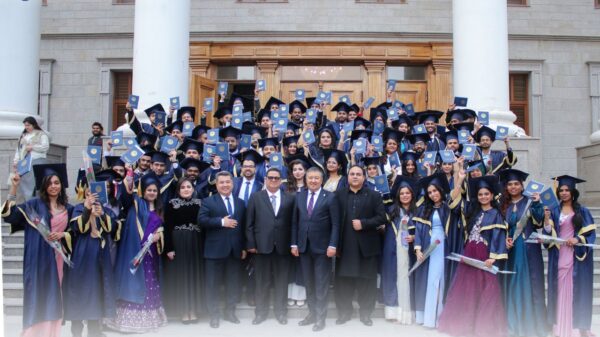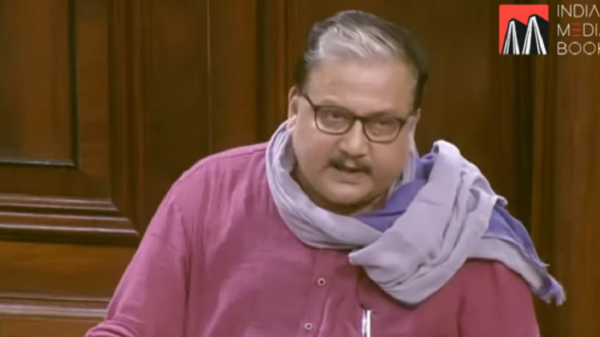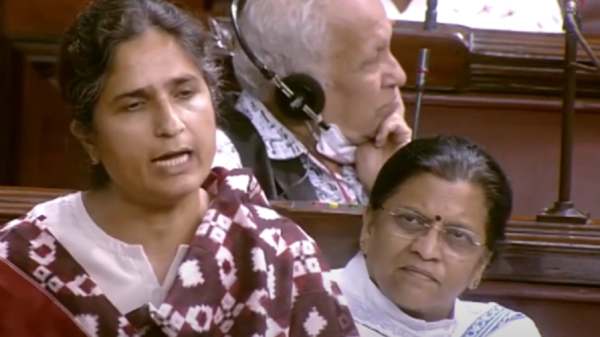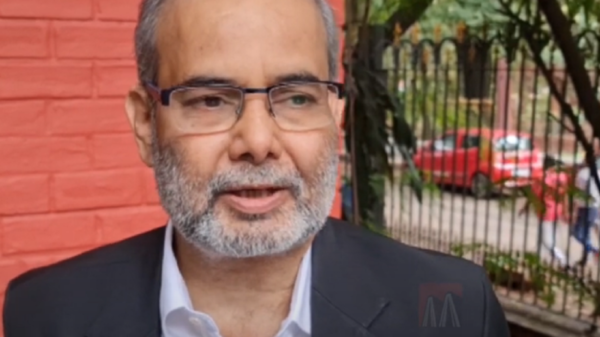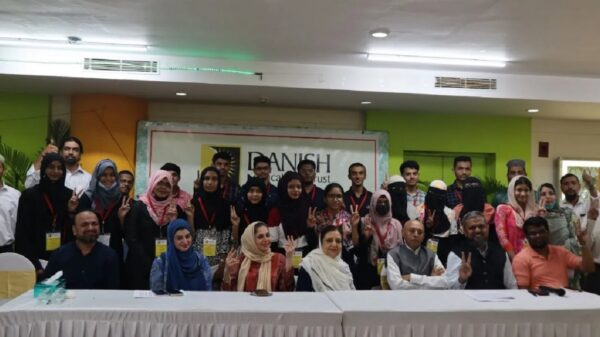Madhya Pradesh Chief Minister Kamal Nath feels that youth from outside the state, particularly Bihar and Uttar Pradesh, snatch the jobs from their counterparts in the state, because of which he is mulling a law to provide for 70 per cent reservation for locals in private companies.
Madhya Pradesh witnesses a substantive exodus of qualified youth to southern states in search of jobs since they do not find adequate employment at home.
So, to protect the interests of the ‘sons of the soil’, Nath, an industrialist and a former Union Minister of Commerce and Industry, plans to reserve 70 per cent jobs for the local youth.
On July 9, the Chief Minister told the state Assembly about his government’s plans regarding reservation, saying a legislation would be brought to ensure that unemployed youth of the state get adequate representation in the private sector.
He said his government would not let any injustice meted out to the youth of the state, who are disappointed because of high unemployment.
The proposed law will make it mandatory for the private sector, besides the government sector, to hire 70 per cent of their employees from among the people of domicile of Madhya Pradesh, Nath said.
Referring to the amendments in the Industrial Promotion Policy, the Chief Minister said the companies would get incentives and other benefits in the state only when they hire 70 per cent of locals.
Ahead of the December 2018 Assembly elections, the Congress, in its manifesto, had promised reservation for locals in jobs.
States may enact reservation in government jobs for scheduled castes, schedules tribes and educationally and socially backward classes, but should they not prepare the youth for tougher competition throughout the country in these time of global competition, says Anees Siddiqui, students welfare officer at a local college.
Andhra Pradesh Chief Minister Jaganmohan Reddy has gone one step ahead by reserving 75 per cent of private sector jobs in the state for local candidates. So, while Kamal Nath wants to guard MP youth against their Bihari counterparts, the Andhra CM is doing the same for his youth against the ones from MP.
Senior academics say Bihar does well to prepare its youth to join the national intellectual pool on merit instead of reservations alone.
Both Andhra and MP may have taken politically smart moves but administratively they are suspect.
On Tuesday last, Madhya Pradesh Assembly also unanimously passed an amendment bill raising reservation in government jobs and education for Other Backward Classes (OBC) from 14 to 27 per cent.
Earlier in March this year, ahead of the Lok Sabha polls, the government issued an Ordinance, raising OBC quota to 27 pc. But it was stayed by the High Court.
The state Assembly then passed the MP Public Service (Reservation for Scheduled Castes, Scheduled Tribes, and Other Backward Classes) Amendment Bill 2019, which awaits the President’s assent.
During the discussion in the Assembly, some MLAs demanded that quota be introduced in the private sector.
BJP legislator Pradeep Patel said Other Backward Classes (OBC) population was around 52 percent in the state and that quota for them should be raised to 37 percent. He also demanded the introduction of reservation in the private sector.
BJP MLA Jalam Singh Patel alleged that Other Backward Classes (OBC) were still backward due to policies of Congress governments, which misled them for political gains.
Leader of Opposition Gopal Bhargava demanded that creamy layer be introduced within the Other Backward Classes (OBC) quota so that its benefit could reach those who never took benefit of such reservation.
The two Patels are OBCs while Bhargava is a Brahmin.
Bhargava said a provision of at least 7 percent quota for ‘Ati-Pichhda’ (extremely backward) under the Other Backward Classes (OBC) category should be introduced.
He was quick to ask the Congress-led state government as to how this quota would be beneficial since there were no jobs.
Interestingly all these proposals were made by the governments led by the BJP in other states. Diverse economic and social conditions and demographic charts define diverse approaches by the states.
Minister for General Administration Department (GAD) Dr Govind Singh on the other hand believes the 2.5 lakh vacancies in local bodies, state-run boards and corporations will be filled soon and in the process the ‘Ati Pichhda’ quota in other states will be analyzed before being introduced.
With the latest amendment reservations will touch 73 per cent, including 10 percent for the Economically Weaker Section from the general category.
Reservation for Scheduled Castes (SC) in MP is 16 per cent and for Scheduled Tribe (ST) stands at 20 per cent.
(IANS)





